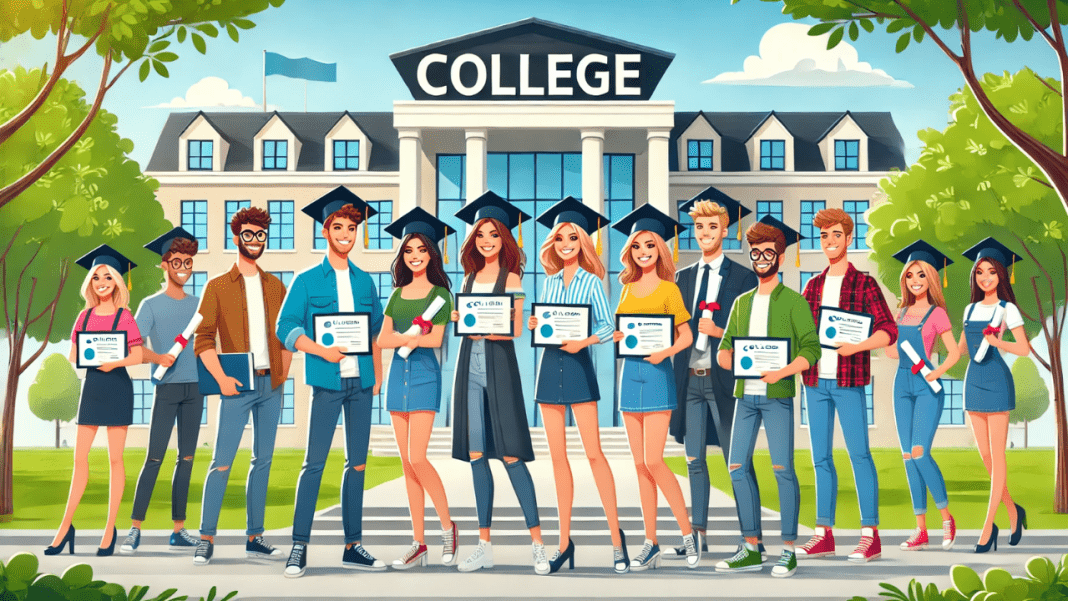To increase the admission of students in higher education under the new National Education Policy-2020, UGC has made the methods of admission, study, evaluation and degree attainment flexible. This initiative has been taken to provide better options to the students.
Facility of admission twice a year
From the session 2025-26, the admission process will start in universities and colleges twice a year i.e. in July-August and January-February. Students can also do two different undergraduate (UG) or postgraduate (PG) courses in the same session. Both degrees will be valid.
Credit flexibility for degree
To obtain the degree, students have to compulsorily earn only 50% credits in the major subject. The remaining 50% credits can be added to skill courses, apprenticeship, or any other subject. For example, BSc students can add 50% credits to science, 20% to lab apprenticeship, and 30% to skills like music, web designing or theatre. This will give students the opportunity for multi-disciplinary education.
Inclusion of vocational and skill courses
UGC has said that institutions will have to include credits of vocational and skill courses in the degree system. 12th pass students from any stream can take admission in any UG or PG course through a national level entrance exam.
Flexibility in course duration
Students will be able to complete their studies in less or more time. This will be called Accelerated Degree Program (ADP) or Extended Degree Program. Universities will provide this facility to 10% of their total capacity of students.
Flexibility to change discipline
Students can transfer to another subject by adding their earned credits. Along with this, there will also be flexibility to leave studies midway and resume later.
Benefits of the new system
This new system gives students the option to study according to their interest and skills. The inclusion of multi-disciplinary education and skill courses will create new employment opportunities and make education relevant and accessible.





